Ten Questions To Help You Figure Out If Your Teen Is Ready To Drive Alone
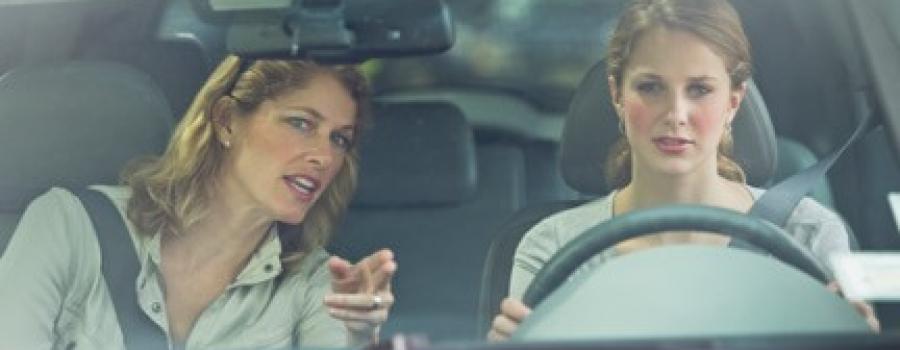

Getting a driver’s license doesn’t mean your teen is ready to cruise around alone (despite what they may tell you!). Teens have the highest risk of crashing in the first six months of driving without adult supervision. Answer these ten questions to help you figure out whether your teen is ready to drive alone.
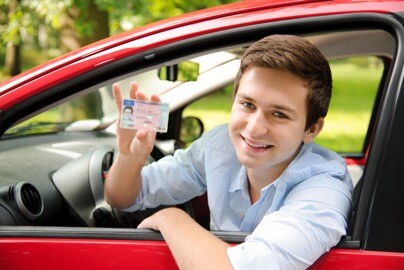
Has your teen successfully completed driver's education, passed driver's test, and received their license?
Remember that teens without a license should not be driving alone under any circumstances.
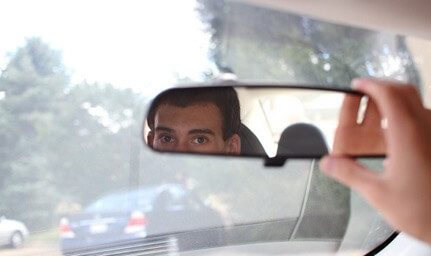
Does your teen have good driving habits?
These include checking all mirrors and blind spots when reversing or changing lanes, keeping their eyes on the road, limiting distractions, driving within the speed limit, and using turning signals.

Does your teen avoid risky behavior, even if pressured by peers?
Social pressure is a driving force in teen relationships (pun intended!), so before you let your new driver out on the roads alone be sure that they are able to resist the impulse to impress friends with risky driving.
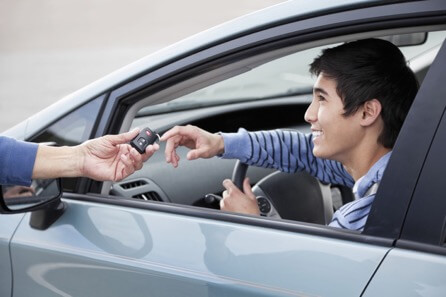
Is your teen ready for the responsibility of driving alone?
Every teenager is different, and you know yours best. Ask yourself if you feel that your teen is generally responsible and conscious of safety, or whether they’ve shown signs of recklessness, risk-taking, or defiance of authority.
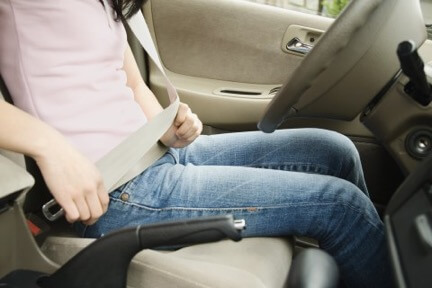
Does your teen always wear a seatbelt and require other passengers to wear theirs?
Wearing seat belts is almost never “cool” and teens are likely to underestimate the likelihood of danger while driving. Does your teen automatically buckle up before hitting the road?

Does your teen share the road and behave patiently towards other motorists?
Driver impatience such as frequent honking or tailgating can put your teen at greater risk for accidents.
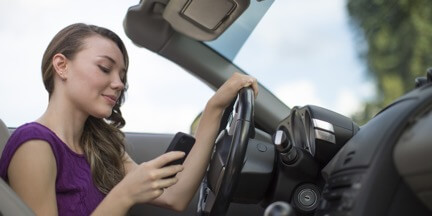
Have you and your teen discussed the leading causes of teen crashes and how to avoid them?
Crashes involving teen drivers most often result from speeding, inexperience, distractions (especially from phones or other passengers), driving too fast for the conditions, and being tired or otherwise impaired (such as by alcohol or drugs).
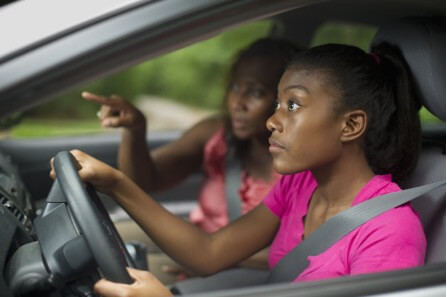
Has your teen had enough driving experience with adult supervision?
Experts recommend at least 50 hours of supervised driving, and you should make sure that you have supervised your teen driving in different types of conditions, at different times of day, and on both roads and highways.
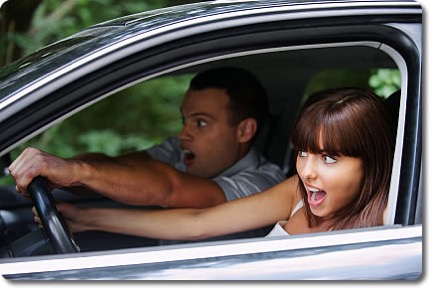
Do you feel safe in the car when your teen is driving?
Trust your instincts. If you find yourself stomping on an imaginary brake pedal every time you’re in the car with your teen, you may want to spend a little more time reviewing safety rules and practicing safe driving before they head out on their own.
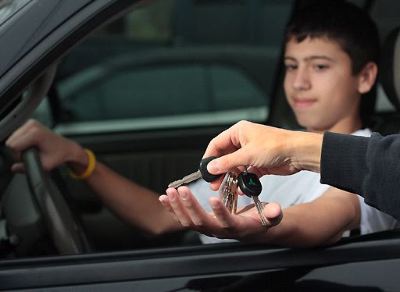
Do you have a driving agreement with your teen?
Despite all your instruction and supervision, your teen may still drive differently with you in the car then when they are alone. Writing up a list of guidelines that you both agree to can help ensure your teen drives safely whether you’re in the car or not.